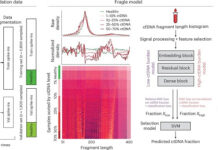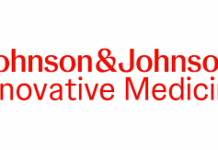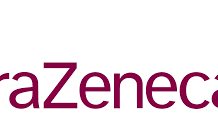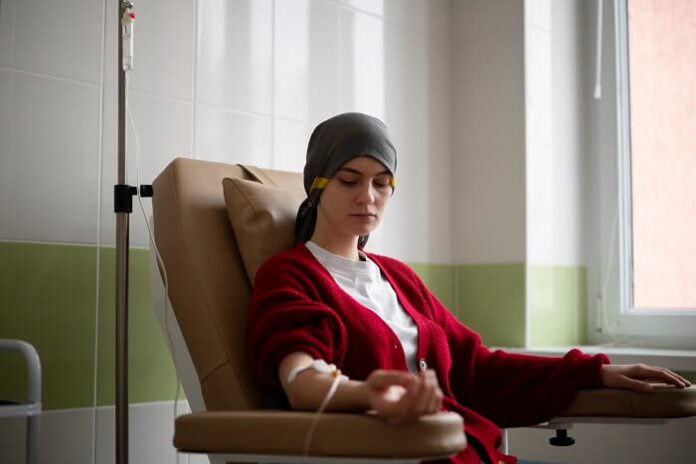Updated results from a phase II study, presented at the American Society of Hematology annual meeting, reveal that a chemotherapy-free combination therapy for newly diagnosed Philadelphia chromosome-positive acute lymphoblastic leukemia (Ph+ ALL) demonstrates high rates of durable remissions and deep minimal residual disease (MRD) negativity. Notably, most patients in the study avoided stem cell transplantation.
The regimen, involving ponatinib (Iclusig) and blinatumomab (Blincyto), was administered to 76 patients with newly diagnosed Ph+ ALL. The treatment protocol included five cycles of blinatumomab combined with ponatinib, initially dosed at 30 mg daily and later reduced to 15 mg daily once MRD negativity was achieved. Patients continued with at least five years of ponatinib maintenance therapy.
Key findings include:
- A 98% MRD negativity rate, confirmed using next-generation sequencing (NGS) with a sensitivity of 1 × 10⁻⁶.
- A 3-year overall survival rate of 88%.
- Only two patients (out of 76) required stem cell transplantation.
Despite these positive outcomes, 13% of patients experienced relapse, prompting researchers to investigate predictors of relapse. Genomic sequencing identified three potential risk factors:
- White blood cell (WBC) count over 70,000 at diagnosis.
- Presence of a VPREB1 deletion, a novel finding in Ph+ ALL.
- Central nervous system (CNS) involvement at diagnosis.
Among these, a high WBC count over 70,000 was the only independent predictor of relapse in multivariate analysis. Patients with this characteristic had a cumulative relapse rate nearing 50%, marking them as a high-risk subgroup.
“We’re now exploring additional strategies for this high-risk population, including CAR T-cell consolidation, while aiming to avoid transplantation,” said Dr. Nicholas Short of the University of Texas MD Anderson Cancer Center.
As reported by medpagetoday, these findings underscore the potential of chemotherapy-free regimens to transform Ph+ ALL treatment, offering patients effective options with fewer side effects and reduced reliance on stem cell transplantation. Further research is ongoing to optimize outcomes for high-risk patients.
























